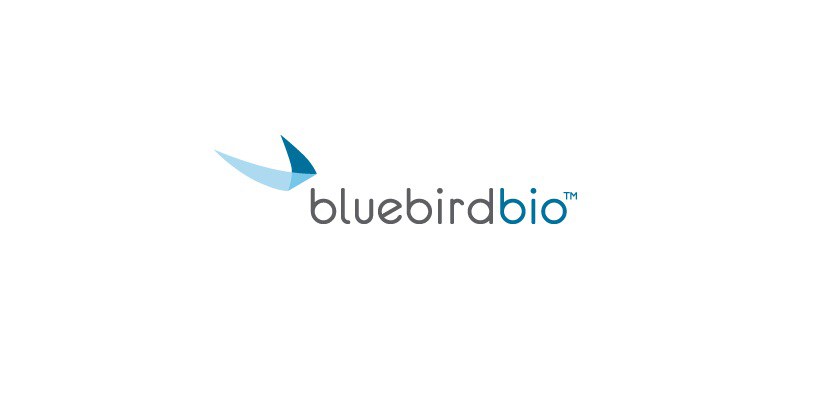bluebird says future uncertain as delays to gene therapies bite

As bluebird bio struggles to get its gene therapies over the finishing line, the company says its financial position raises "substantial doubt" about its ability to continue as a going concern.
The biotech is sitting on around $442 million in liquid assets, but is expecting its cash burn in 2022 to be around $400 million, having recorded a net operating loss of $563 million last year.
That means it needs to raise additional funding, and the biotech is looking at a number of options including the possible sale of priority review vouchers that it could receive from the FDA if – as hoped – it manages to secure FDA approval for its two lead gene therapies this year.
bluebird bio said in its annual report however that "the likelihood that its plan to successfully obtain sufficient funding from one or more of these sources, or adequately reduce expenditures, while reasonably possible, is less than probable."
The biotech has already retreated from Europe, saying last year that the pricing and reimbursement environment for gene therapies in the market made it impossible to continue operations there, despite having regulatory approval there for its first gene therapies, headed by Zynteglo for beta thalassaemia.
Winding down its European operations has helped with bluebird bio's cost-cutting, but delays to programmes in the US have exacerbated its current financial predicament.
The FDA has extended its reviews for betibeglogene autotemcel (beti-cel) in for beta thalassaemia and elivaldogene autotemcel (eli-cel) for cerebral adrenoleukodystrophy (CALD) by three months, with new action dates in August and September. Eli-cel has also been approved in Europe as Skysona.
The biotech has meanwhile also seen delays to lovotibeglogene autotemcel (lovo-cel) for sickle cell disease as a result of a partial clinical hold by the FDA, implemented after a persistent case of anaemia in one adolescent patient in a clinical trial, although it is now hoping to file for approval in early 2023.
Both beti-cel and eli-cel have been awarded priority reviews, so could generate vouchers from the FDA that could be worth tens of millions of dollars if sold on to other companies.
Before approval however the two gene therapies will come in front of FDA advisory committees on June 9 and 10, which will be a critical time for the company.
bluebird bio's chief executive Andrew Obenshain – who took over from long-serving CEO Nick Leschly who left to head up spinout biotech 2seventy last November – said that 2022 is shaping up to be a "landmark year".
All will be well if the two approvals come in but in the meantime there needs to be "a continued focus on commercialization and financial discipline to enable the delivery of these transformative therapies to patients and their families."
All in all, it's a precarious position to be in for a company that just a few years ago was trading upwards of $130 and is now languishing in the low $5 range.













